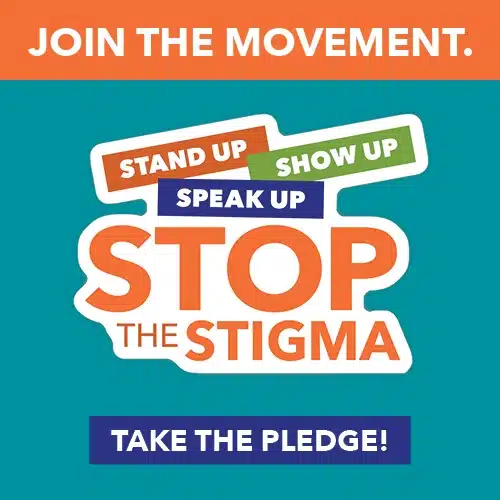Addiction is a complex condition that can affect anyone, regardless of background, age, or circumstance. For those of us who have witnessed a loved one struggle with addiction, the experience can be heart-wrenching and often leaves us feeling helpless. Today, on Overdose Awareness Day, it’s important to recognize that there are steps we can take to support those we care about, offering hope and compassion.
1. Educate Yourself About Addiction
Understanding addiction as a disease, rather than a moral failing or lack of willpower, is the first step in helping your loved one. Addiction alters brain chemistry, leading to compulsive behaviors that can be difficult to control. By educating yourself about the nature of addiction, including its causes, symptoms, and treatment options, you’ll be better equipped to offer meaningful support.
Resources to explore:
- Books like “In the Realm of Hungry Ghosts” by Gabor Maté.
- Websites such as the National Institute on Drug Abuse (NIDA) or the Substance Abuse and Mental Health Services Administration (SAMHSA).
2. Approach with Empathy and Compassion
Approaching your loved one with empathy, rather than judgment or anger, can make a significant difference. Addiction often comes with deep shame and guilt, and your loved one may already feel isolated. Let them know you’re there to listen without judgment, that you care about their well-being, and that you’re ready to support them in any way they need.
Things to say:
- “I’m here for you, no matter what.”
- “I want to understand what you’re going through.”
- “Let’s figure out how we can get through this together.”
3. Encourage Professional Help
While your support is crucial, professional treatment is necessary for someone struggling with addiction. Encourage your loved one to seek help from a therapist, counselor, or a specialized addiction treatment center. Be prepared to assist in finding the right resources, whether it’s outpatient therapy, inpatient rehab, or a support group like Narcotics Anonymous (NA).
Helpful steps:
- Offer to help research treatment options.
- Suggest going to an appointment together.
- Discuss the benefits of treatment in a calm and supportive manner.
4. Set Healthy Boundaries
Supporting a loved one with addiction can be emotionally exhausting, and it’s important to set boundaries to protect your own well-being. Boundaries are not about abandoning your loved one; they’re about ensuring that your support does not enable harmful behaviors. Be clear about what behaviors you will and will not tolerate and stick to these boundaries even when it’s difficult.
Examples of boundaries:
- “I cannot lend you money because I’m concerned it may be used to support your addiction.”
- “I’m happy to help you find treatment, but I cannot continue to cover for you at work.”
5. Avoid Enabling Behavior
Enabling behavior occurs when your actions unintentionally support your loved one’s addiction. This might include giving them money, lying to cover up their behavior, or minimizing the consequences of their actions. While it’s natural to want to protect someone you love, enabling often delays their recognition of the need for change.
Signs of enabling:
- Consistently rescuing them from the consequences of their actions.
- Ignoring or denying the severity of their addiction.
- Making excuses for their behavior to others.
6. Take Care of Yourself
Supporting someone through addiction is a long and challenging journey. It’s essential to take care of your own mental and emotional health throughout the process. Consider joining a support group for families of people with addiction, such as Al-Anon or Nar-Anon, where you can share your experiences and receive guidance from others who understand.
Self-care tips:
- Set aside time each day for activities that relax and rejuvenate you.
- Seek therapy or counseling to process your emotions.
- Remember that you are not responsible for your loved one’s addiction or recovery.
7. Stay Hopeful and Patient
Recovery from addiction is often a long and non-linear process, with setbacks along the way. It’s important to remain hopeful and patient, offering encouragement without placing unrealistic expectations on your loved one. Celebrate small victories and continue to be a source of support, even when progress seems slow.
Encouraging words:
- “I believe in your ability to overcome this.”
- “Recovery is a journey, and I’m here with you every step of the way.”
- “It’s okay to struggle, what matters is that you keep moving forward.”
Oaks Integrated Care provides a comprehensive range of services including outpatient and Medication Assisted Treatment (MAT), designed to support individuals struggling with addiction and their families. Recently our Director of Addiction Services Sara Wickizer sat down with SJ Mag Media to give advice on how to help a family member struggling with substance use disorder. Watch to learn more about what to say and what to expect.
To learn more about addiction services or schedule an appointment, call our Access Center at 1-800-963-3377.










